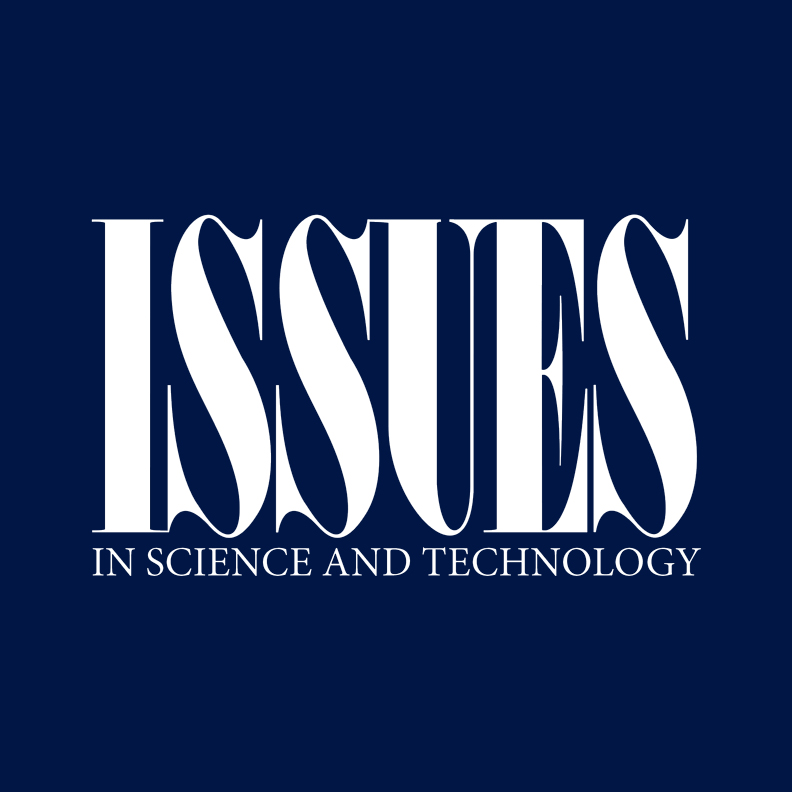Thank the Babylonians, Not Pythagoras, for Trigonometry
Most every kid learns a² + b² = c² in math. Pythagoras, right? Wrong. Babylonians used trigonometry 1,000 years before the Greeks. Time to rewrite history?
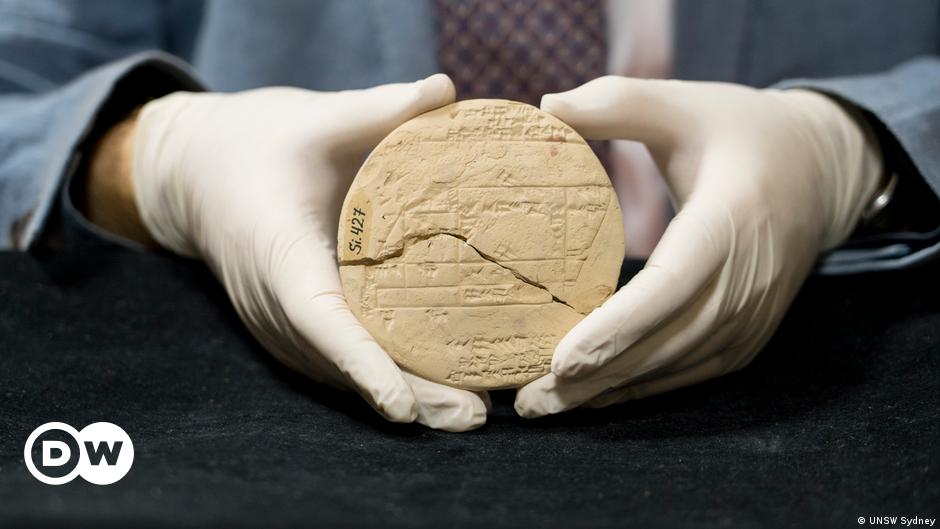
Send us a link
Most every kid learns a² + b² = c² in math. Pythagoras, right? Wrong. Babylonians used trigonometry 1,000 years before the Greeks. Time to rewrite history?

A recent visit to the site of the first atomic bomb explosion offered desert vistas, (mildly) radioactive pebbles and troubling reflections.
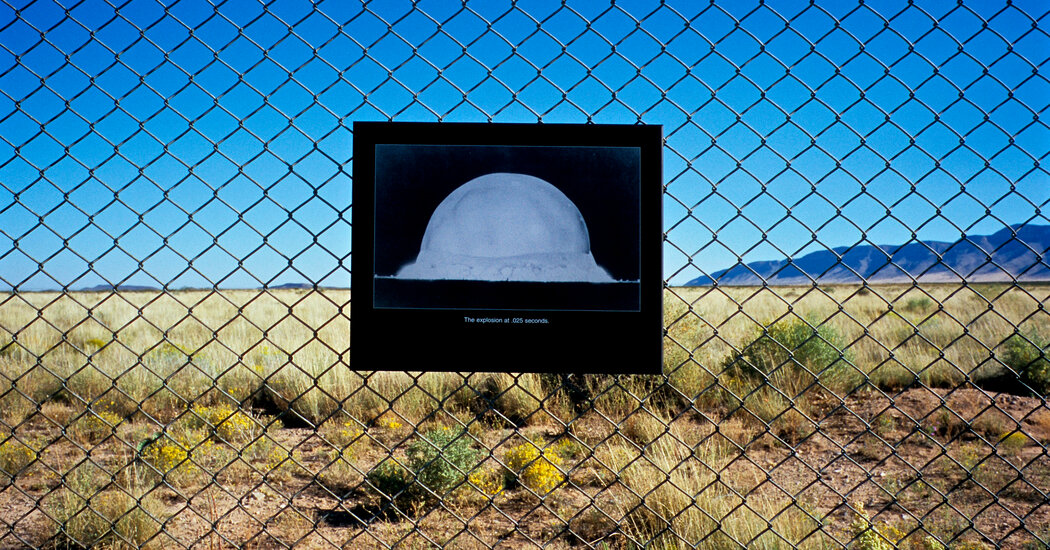
A team of investigators used enhanced carbon dating methods to examine human remains from the site in Peru.
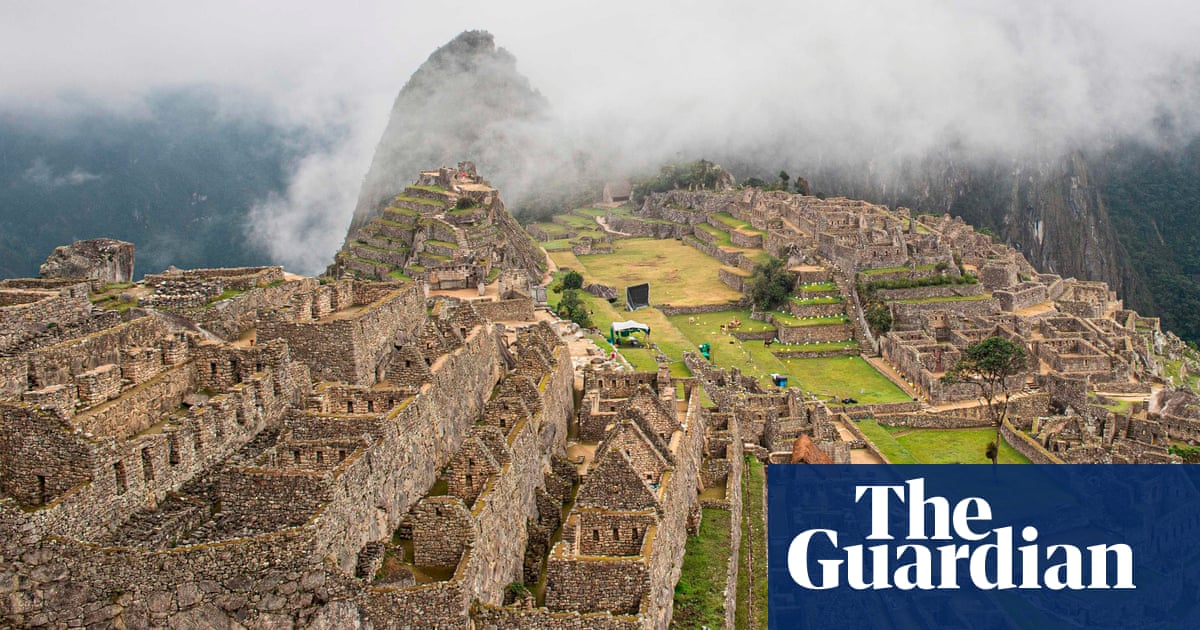
And we have snails to thank for that.
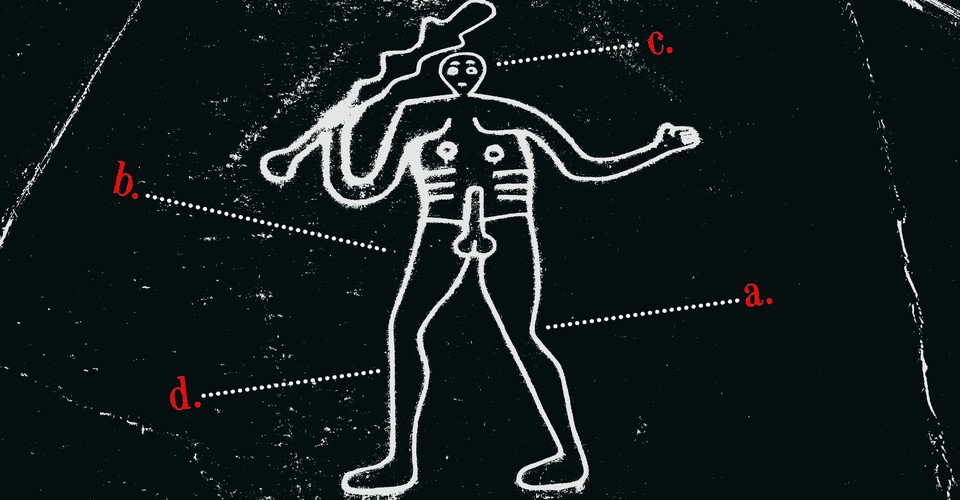
For centuries, a Eurocentric worldview disregarded the knowledge and strength of the African empire.

Researchers want to learn more about the connections between humans and the feeding of birds, beasts and other fauna.
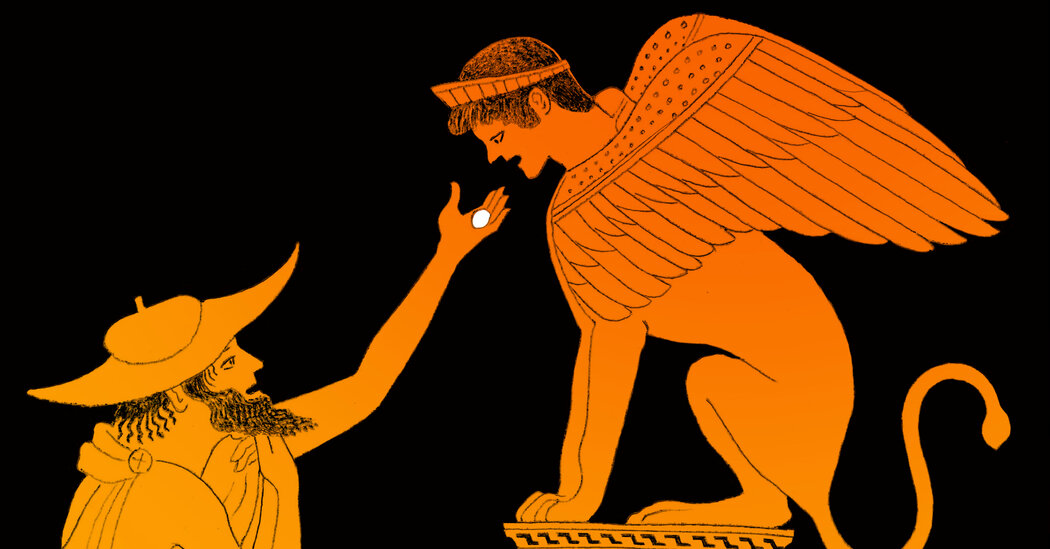
As two UK universities cut their courses, historians fear others could follow.

Getting digitized primary source materials into the classroom requires an open dialogue among researchers, teachers, and archivists. A workshop from historians of business shows how.

M.I.T. researchers have devised a virtual-reality technique that lets them read old letters that were mailed not in envelopes but in the writing paper itself after being folded into elaborate enclosures.
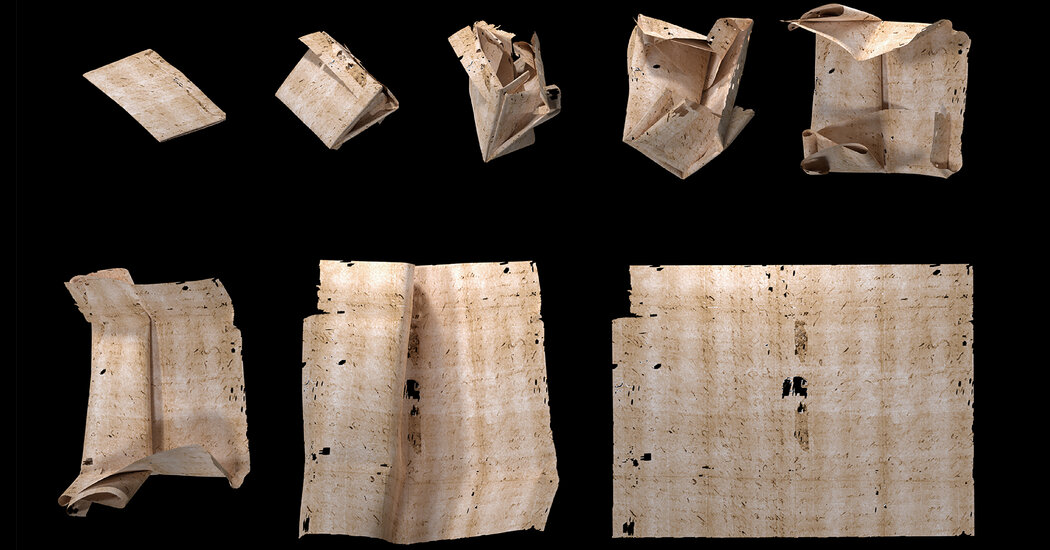
The authors of a book marking the 150th anniversary of Charles Darwin's "Descent of Man" discuss "a most interesting problem" - namely how the naturalist's fundamental misconceptions on sex and race still shape society.
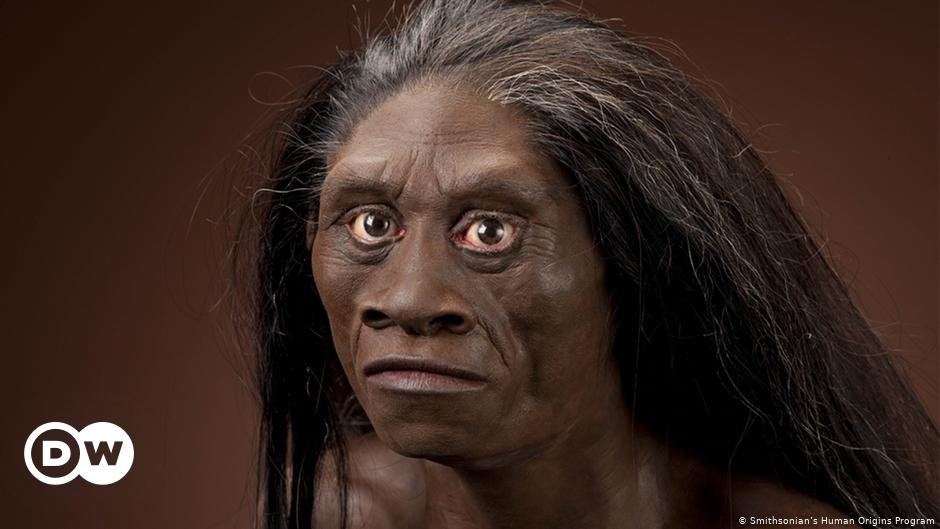
A joined-up approach is needed to make sure the public are given clear, correct information, says healthcare historian Sally Frampton

Find backs theory that bluestones first stood at Waun Mawn before being dragged 140 miles to Wiltshire.

Will history judge? Reflections from historians about the intense relationship of past and present.

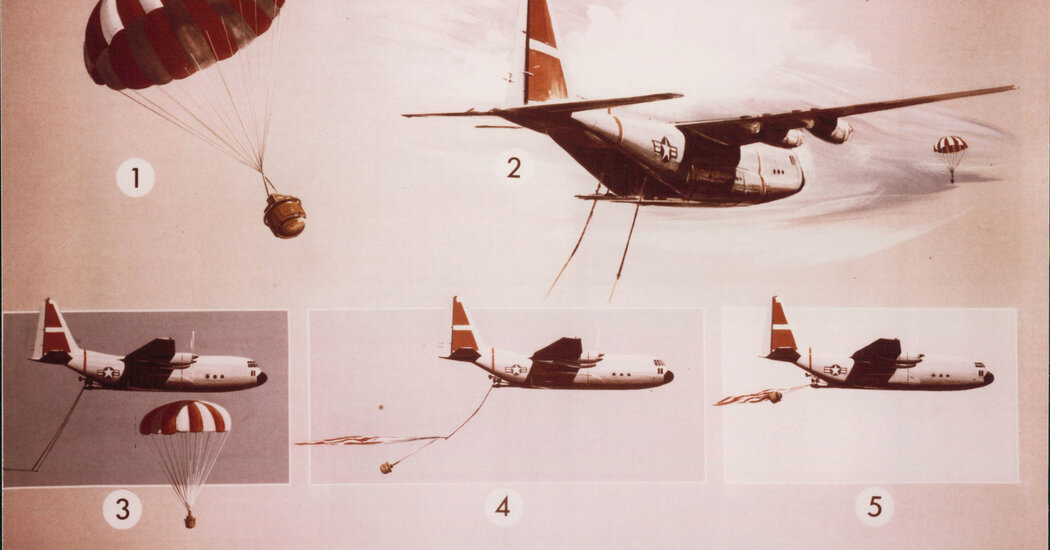

Immunization has always been a proxy for wider fears about social control, a history reminds us.

Study says surge in volcanic activity could not have caused Cretaceous/Paleogene extinction event.

For the first time in its 174-year history, the Smithonian Institution has launched a new open access platform high-resolution images from across its collections for patrons to peruse and download free of charge.
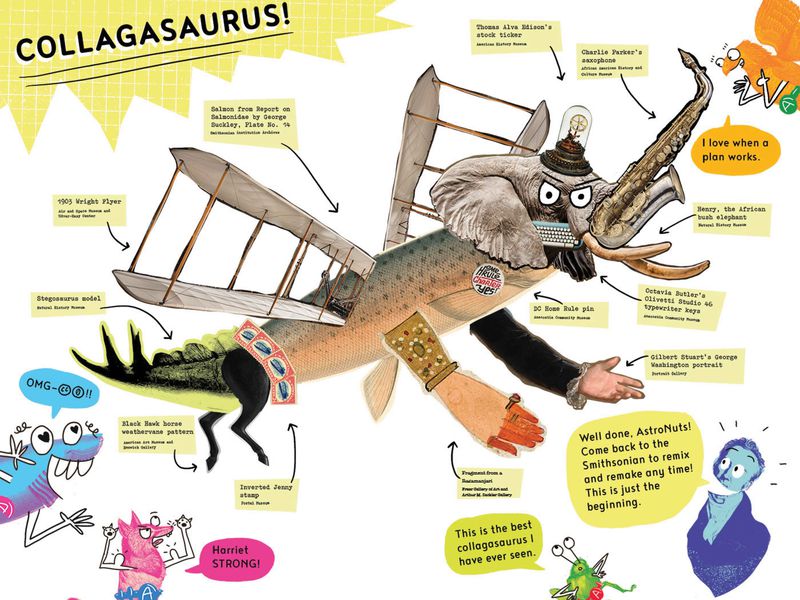
Students should actively consider and prepare for the work they are personally most suited to, whether within or beyond the academy.
The post-World War II model for organizing science remains powerful, but moving beyond its limits will be necessary for assuring the contributions of science to solving a wide array of challenges.
